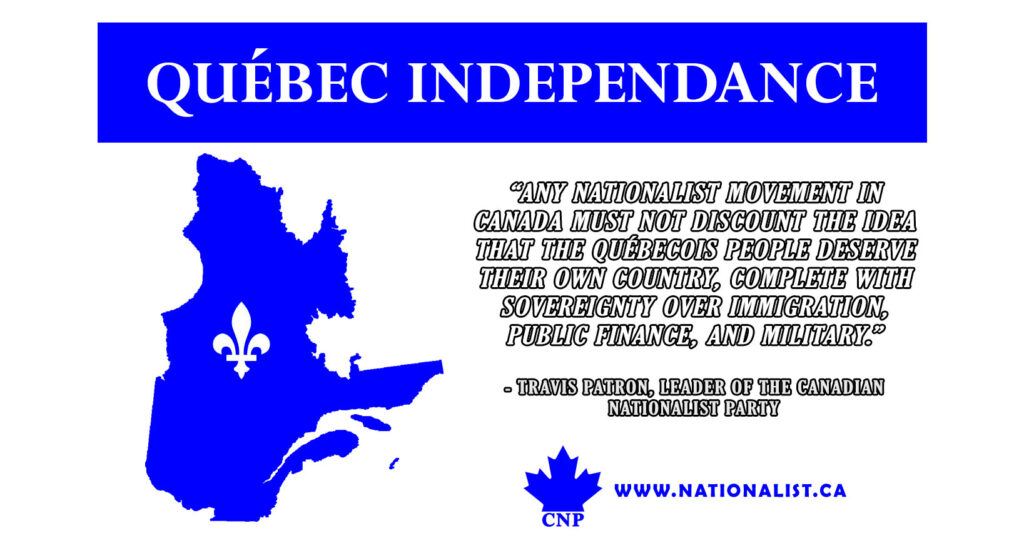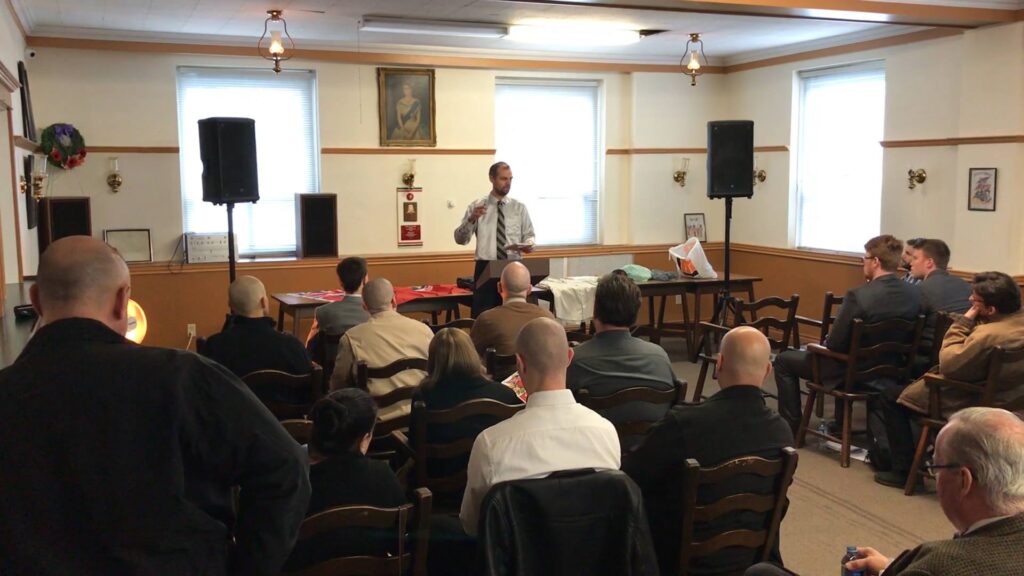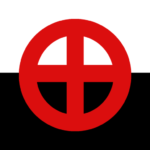
I am not a Western Separatist. However, I do believe Canada would benefit by divorcing Québec (s. 91(26) British North America Act, 1867). I am also willing to bet most Québecois would prefer to be independent of Ottawa …
It must be admitted that attempting to occupy two competing positions (languages) at the same time is awkward and difficult. It creates a cultural impasse and stymies social progress because nationality is defined linguistically.
Official bilingualism is another ill-conceived policy of the Trudeau administration (Pierre administered the Official Languages Act in 1969 making Canada officially bilingual). Since then, our country has been 50% as efficient.
It would be wrong to continue trying to fit Francophone Québec within an Anglophone Canada because it creates a conflict of interest at the national level that permeates everything from education to law courts. Requiring every government document and sign to be printed/pronounced in both languages is a competitive disadvantage and a waste of taxpayer resources.
Canada would be better off unilingual (English only). In the long-run, Canada will be either French or English – but not both. This has been a development in the making for a considerable time now. Therefore, we ought to accelerate this process by endorsing only one of these languages while granting the other independence.
This grant of sovereignty would be conditional on maintaining a geographic trade corridor between the Maritime provinces and the rest of Canada.
This is not an easy topic to address because it would fundamentally change the structure of our confederation. Canada would never be the same. However, it would be in the best interests of our nation to do so. It would also release a considerable amount of political tension caused by our constitution’s attempt to fuse divergent nationalities into a single country.
Under this arrangement, Québec would be its own sovereign country within the British Commonwealth in accordance with Article 4 of the Treaty of Paris (February 10th, 1763).
Subject to the will of God, Québec is now independent of Canada:
“What God has joined together, let no man separate.”
– the Gospel according to Mark 10:9
Solemnly declared,
Travis Mitchell Patron
Independent Candidate for Parliament (45th Federal Election)
www.travispatron.ca
Canadian Nationalist Party
Since 1933
www.nationalist.ca

